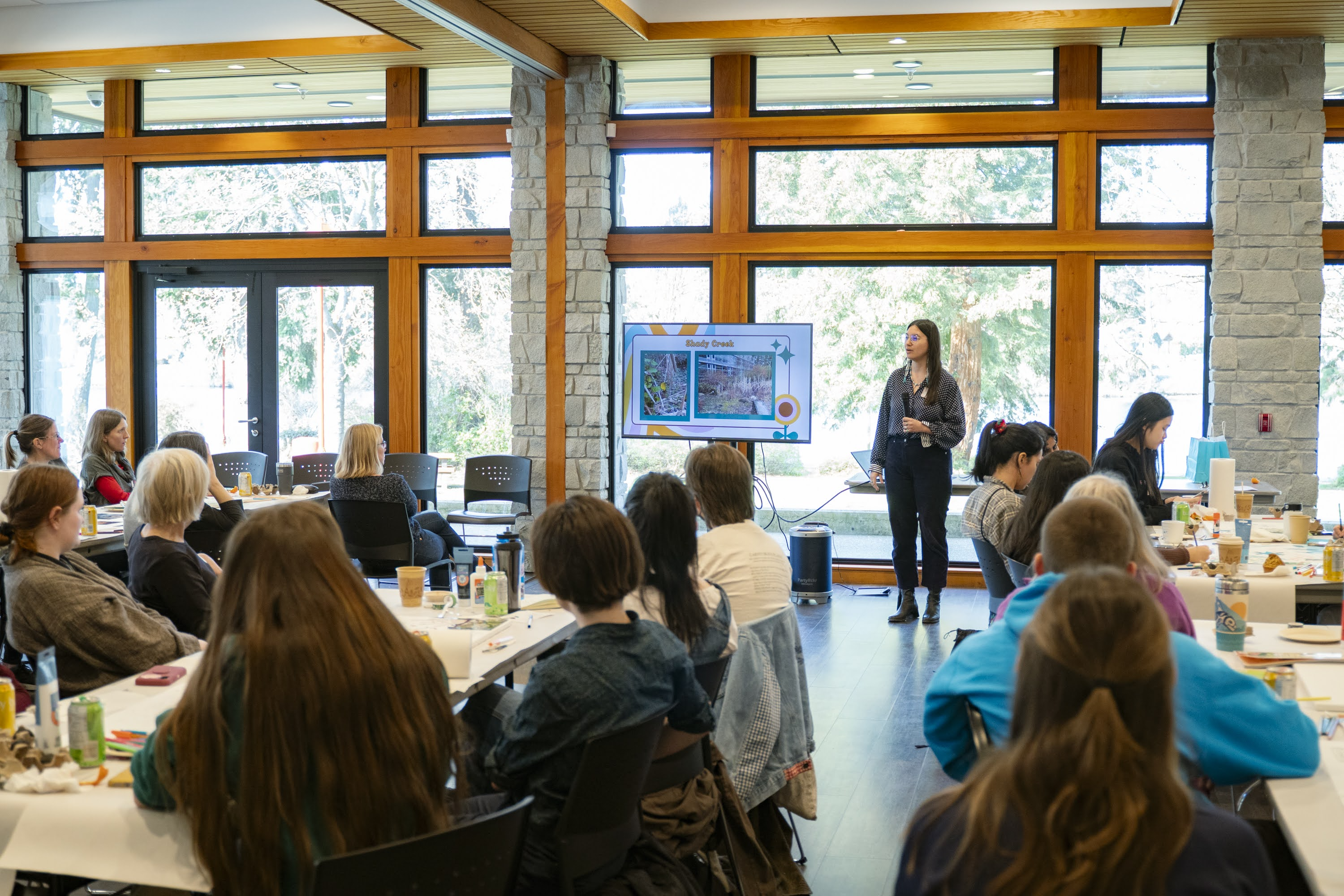British Columbia immediately needs an ambitious and collaborative strategy for the removal of significant amounts of carbon dioxide (CO2) from the atmosphere, according to a new report released today by the Pacific Institute for Climate Solutions (PICS).
Written by Dr. Devin Todd, PICS Researcher in Residence in Negative Emissions Technologies, Survive and Thrive: Why BC needs a CO2 removal strategy now explores why such a strategy is necessary right now, what it could consider and include – and why public leadership is vital to its creation and success.
“There’s no other time to create a carbon-removal strategy but the present if BC wants to thrive despite the challenges of climate change,” Todd says. “And that strategy must focus on negative emissions technologies.”
Negative emissions technologies (NETs) are systems that permanently remove CO2 or other greenhouse gases (GHGs) from the atmosphere. These solutions can come in many forms, but to be effective must remove GHGs from the atmosphere and store them from very long to permanent time frames.
Examples include mechanical, direct air CO2 capture and storage; afforestation; land management to fix carbon in soils; and ocean alkalinity enhancement to increase CO2 levels in seawater. Carbon accountability and durability are critical for all these options.
“There is no substitute for negative emissions,” says Todd. “The global community will be unable to limit climate change without enough NETs, with consequences for lives and livelihoods across the country and world.”
BC has the opportunity to make an outsized contribution to reducing the world’s load of atmospheric carbon, says Todd, while potentially generating economic benefit for British Columbians — and is in an ideal position to encourage innovation and build sustainable capacity.
“A made-in-BC strategy can mobilize people and resources towards a shared goal, and position the province for global leadership in an emerging essential sector,” he says.
“This report speaks to the very heart of PICS’ mission to collaboratively develop climate solutions that are actively used by decision-makers in BC, Canada and worldwide,” says PICS Executive Director Sybil Seitzinger.
“BC has shown recent, crucial momentum in tackling emissions, but even to reach net zero, let alone net negative, is going to require NETs. This report is an evidence-based tool that can help policymakers and innovators move to the next level, and PICS is here to help them with that work.”



